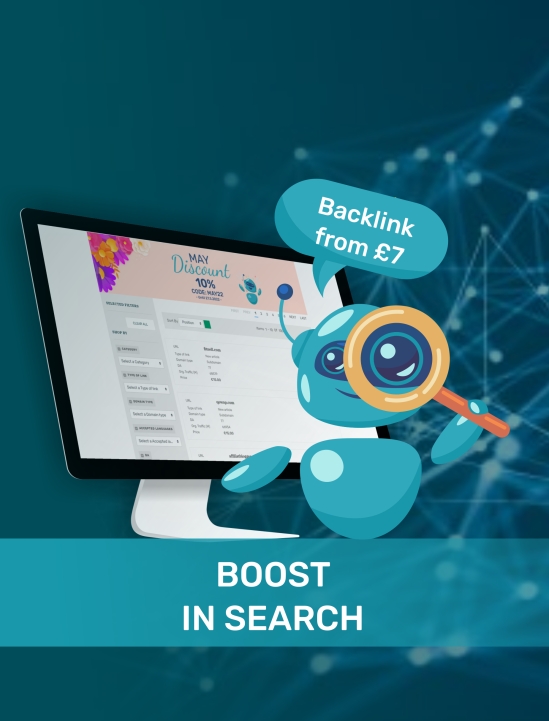In the dynamic world of buying and selling businesses, a business broker plays a pivotal role in bridging the gap between sellers and buyers. Whether you are an entrepreneur looking to sell your business or an aspiring business owner seeking the perfect opportunity, understanding the role and value of a business broker can make the process smoother, faster, and more profitable.
What is a Business Broker?
A business broker is a professional who facilitates the sale of small to medium-sized businesses. They act as intermediaries, assisting sellers in finding qualified buyers and helping buyers identify suitable businesses to purchase. Business brokers handle many aspects of the transaction, including valuation, marketing, negotiations, and paperwork.
Why Work with a Business Broker?
-
Expertise in Valuation: One of the most critical steps in selling or buying a business is determining its value. Business brokers use their expertise and market knowledge to assess a business’s worth accurately. This ensures sellers get a fair price and buyers understand what they’re investing in.
-
Confidentiality Management: Selling a business requires discretion. A business broker protects the seller’s identity and ensures sensitive information is only disclosed to serious and qualified buyers.
-
Access to a Network of Buyers and Sellers: Business brokers often have an extensive database of prospective buyers and sellers, streamlining the process of finding the right match.
-
Negotiation Skills: With experience in closing deals, brokers can handle complex negotiations, ensuring both parties reach a mutually beneficial agreement.
-
Time Efficiency: For business owners, managing a sale while running daily operations can be overwhelming. A broker takes on much of the workload, allowing owners to focus on their business.
How to Choose the Right Business Broker
Finding the right broker is essential for a successful transaction. Here are some tips:
-
Check Credentials: Look for certifications such as Certified Business Intermediary (CBI) or membership in professional organizations like the International Business Brokers Association (IBBA).
-
Evaluate Experience: Choose a broker with experience in your specific industry or similar-sized transactions.
-
Review Track Record: Ask for references and examples of previous successful deals.
-
Communication Skills: Ensure the broker is approachable, transparent, and keeps you informed throughout the process.
The Process of Working with a Business Broker
-
Initial Consultation: The broker meets with the seller or buyer to understand their goals, needs, and expectations.
-
Business Valuation: For sellers, the broker conducts a comprehensive valuation to set a realistic asking price.
-
Marketing the Business: The broker prepares marketing materials, lists the business on appropriate platforms, and reaches out to potential buyers.
-
Screening and Matching: Brokers vet buyers for financial capability and seriousness, ensuring sellers only deal with qualified prospects.
-
Negotiation and Due Diligence: The broker facilitates negotiations, coordinates due diligence, and resolves any issues that arise during the process.
-
Closing the Deal: Once terms are agreed upon, the broker oversees the paperwork and ensures a smooth closing.
A business broker is more than just a middleman—they are a trusted advisor who can help maximize the value of your transaction while minimizing stress and complications. Whether buying or selling, partnering with an experienced business broker can be the key to achieving your business goals.



